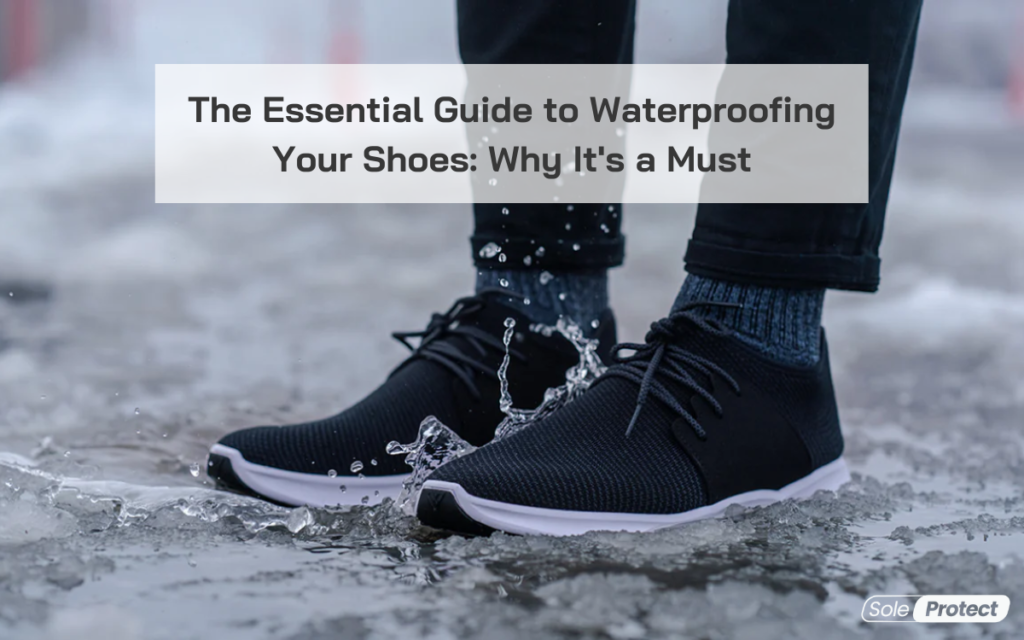
Waterproofing shoes might sound like a practice reserved for adventurers setting off on treks or those living in particularly rainy climates. However, in reality, it’s an essential aspect of shoe care that’s often overlooked. Not only does it protect your footwear from unforeseen weather changes, but it also prolongs the life of your shoes and keeps them looking brand-new for longer. Let’s dive deep into the world of waterproofing and understand why it’s indispensable for almost every type of shoe material.
Benefits of Waterproofing Your Shoes
- Longevity: The obvious benefit is that waterproofing acts as a protective barrier against moisture, reducing the wear and tear on your shoes. This is especially true for leather and suede shoes, which can become damaged, stained, or even misshapen when exposed to water.
- Appearance: Moisture can dull the shine of leather shoes, leave watermarks on suede, and make canvas shoes appear aged. Waterproofing maintains the shoe’s aesthetic quality, ensuring they always look their best.
- Cost-effective: Regularly replacing shoes damaged by water can be costly. Investing in good quality waterproofing products or services will undoubtedly save you money in the long run.
- Comfort: There’s nothing worse than walking around with wet feet, especially in colder climates where it can be downright uncomfortable. Waterproofing ensures a cozy and dry environment for your feet, no matter the weather.
How to Waterproof Different Types of Shoes
- Leather: Leather is porous and can absorb water, leading to damage over time. Using a waterproof spray or wax specifically designed for leather can help. Always clean the shoes first and apply the product in a well-ventilated area. For optimal results, reapply every few months.
- Suede and Nubuck: These materials are particularly sensitive to water. Waterproofing sprays are the best bet here. Again, ensure the shoes are clean, and always do a patch test first to make sure the spray doesn’t alter the shoe’s color.
- Canvas: While canvas shoes are generally more forgiving when exposed to water, they too can benefit from a layer of protection. Use a silicone-based spray for these.
- Athletic Shoes: Many sports shoes already come with some level of waterproofing, but an extra layer won’t hurt. Opt for a spray that’s designed for synthetic materials.
Things to Remember
- Always read the manufacturer’s guidelines for your specific shoes before applying any waterproofing products.
- It’s best to waterproof your shoes when they’re new. This ensures maximum protection from the get-go.
- Regularly inspect your shoes for any signs of wear or damage. This will help you determine when it’s time to reapply a waterproofing agent.
Conclusion
Waterproofing is an essential yet often ignored aspect of shoe care. Not only does it keep your feet dry and comfortable, but it also prolongs the life of your shoes, ensuring they remain in top-notch condition for years. So the next time you invest in a new pair, remember to give them the waterproofing treatment—they’ll thank you by serving you faithfully through sun, rain, or snow.




